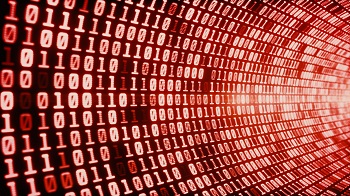Fraud Intelligence
AI and the SFO: what could possibly go wrong?
The use of artificial intelligence in the discovery process of fraud investigations could help prosecutors pinpoint the 'smoking guns' among millions of documents. But in between input from the case team and the final results produced, a machine will make unrecorded decisions that ultimately impact upon the justice process. Does this matter? Rachel Cook and Abbie Melvin of Peters & Peters explain why they believe it does.
Rachel Cook (rcook@petersandpeters.com, www.petersandpeters.com/lawyer/rachel-cook/) is a senior solicitor (of counsel) specialising in cases involving fraud, international corruption, tax enforcement and money laundering, along with serious general crime and regulatory enforcement. Abbie Melvin (amelvin@petersandpeters.com, www.petersandpeters.com/lawyer/abbie-melvin/) is a trainee solicitor, who has previously worked as an investigator at the Serious Fraud Office.

The use of artificial intelligence in the discovery process of fraud investigations could help prosecutors pinpoint the 'smoking
guns' among millions of documents. But in between input from the case team and the final results produced, a machine will
make unrecorded decisions that ultimately impact upon the justice process. Does this matter?
Rachel Cook and
Abbie Melvin of Peters & Peters explain why they believe it does.